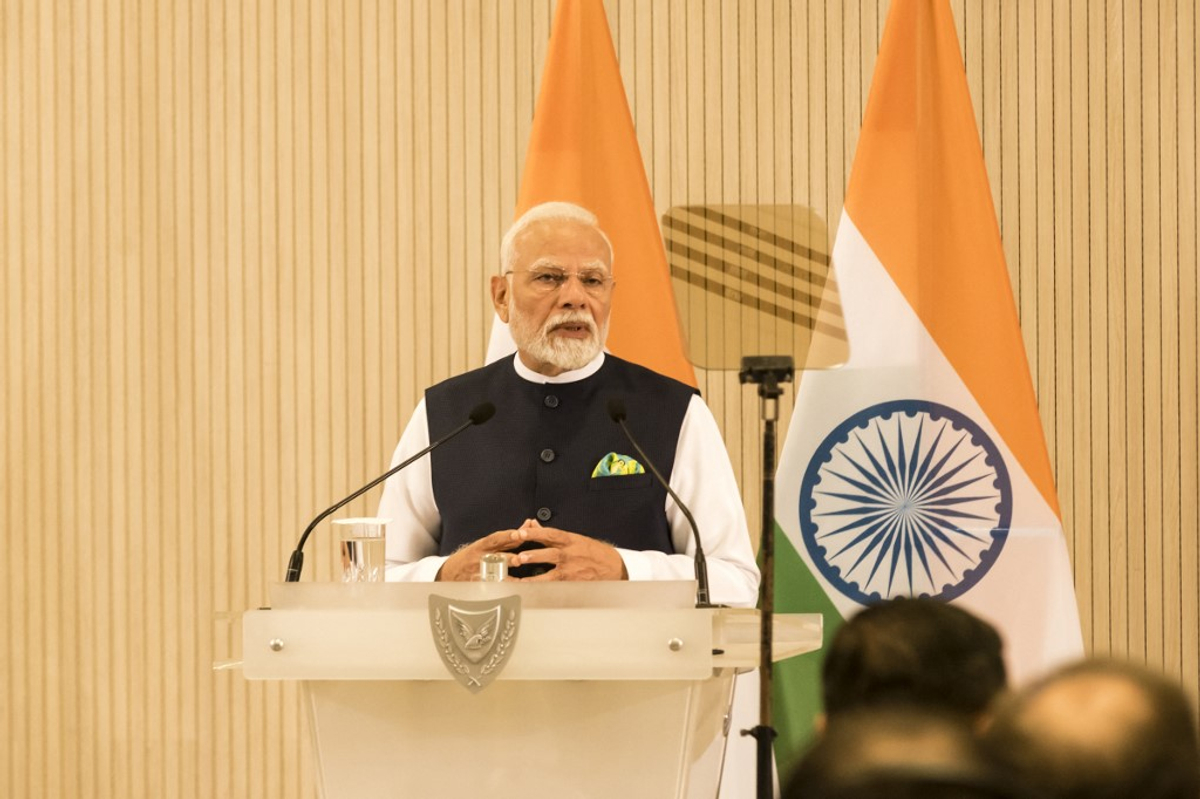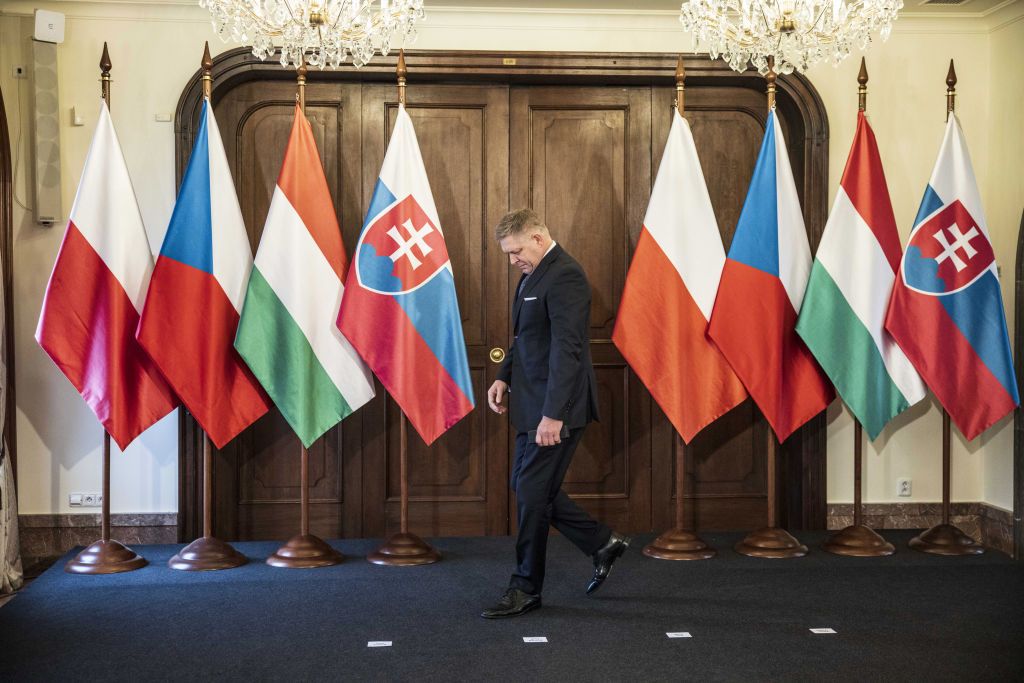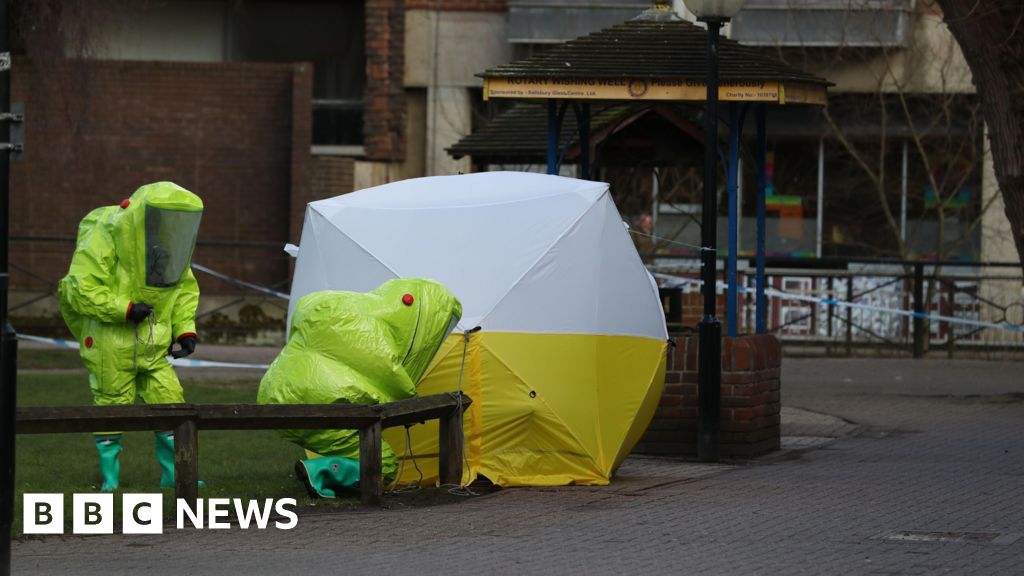T4K3.news
EU lowers price cap for Russian crude oil
The EU introduces a new sanctions package lowering the price cap on Russian crude to approximately $47.

The EU introduces a lower price cap on Russian crude oil as a response to ongoing tensions.
EU updates sanctions by lowering price cap for Russian crude
The European Union has agreed on a new sanctions package against Russia that includes lowering the price cap for its crude oil. This measure aims to limit Russia's oil revenues, crucial for its economy and military operations, while still allowing non-G7 countries to purchase oil through G7 logistics. This newest policy adjusts the price cap, which previously stood at $60 per barrel, to approximately $47 per barrel, adjusting for current market dynamics. The aim is to further exert pressure on Russia due to its ongoing conflict in Ukraine. EU officials have emphasized that this newly flexible cap will respond to market changes, although specific figures have not been publicly confirmed. The situation continues to evoke strong reactions from various global stakeholders, including the U.S. government and countries that depend on Russian oil.
Key Takeaways
"I welcome the agreement on our 18th sanctions package against Russia."
EU Commission President Ursula von der Leyen supports the new sanctions and price cap adjustment.
"A lower oil price cap is part of the freshly agreed measures."
EU's top diplomat Kaja Kallas confirms the new strategy targeting Russian oil revenues.
This adjustment of the price cap represents a significant step by the EU to tighten its grip on Russian oil revenues amidst ongoing geopolitical tensions. The strategy of aiming just above market prices allows the EU to keep some Russian supplies in the market while strategically undermining Moscow's financial backbone. However, this may lead to further complications as countries like India continue to purchase Russian oil for their own energy security. The ongoing tension suggests potential backlash both within the EU and from global buyers relying on Russian crude, creating a complex web of political and economic consequences.
Highlights
- Lower price cap on Russian oil is a game changer.
- EU's sanctions strategy grows tighter with new measures.
- Are the new sanctions enough to weaken Russia's grip?
- Rising tensions prompt the EU to act decisively against Russia.
EU sanctions on Russia pose economic risks
The lowered price cap could provoke backlash from countries heavily dependent on Russian oil, impacting global energy markets.
The evolving sanctions landscape will likely influence global oil markets heavily.
Enjoyed this? Let your friends know!
Related News

EU tightens sanctions against Russia

EU enacts new sanctions against Russia

India Considering Oil Alternatives Amid Sanctions Threat

EU implements unprecedented sanctions against Russia

Slovakia agrees to EU sanctions package after six vetoes

Russia economy nearing recession amid severe sanctions

New sanctions placed on Russia following drone strike in Odesa

UK imposes sanctions on Russian intelligence officers
